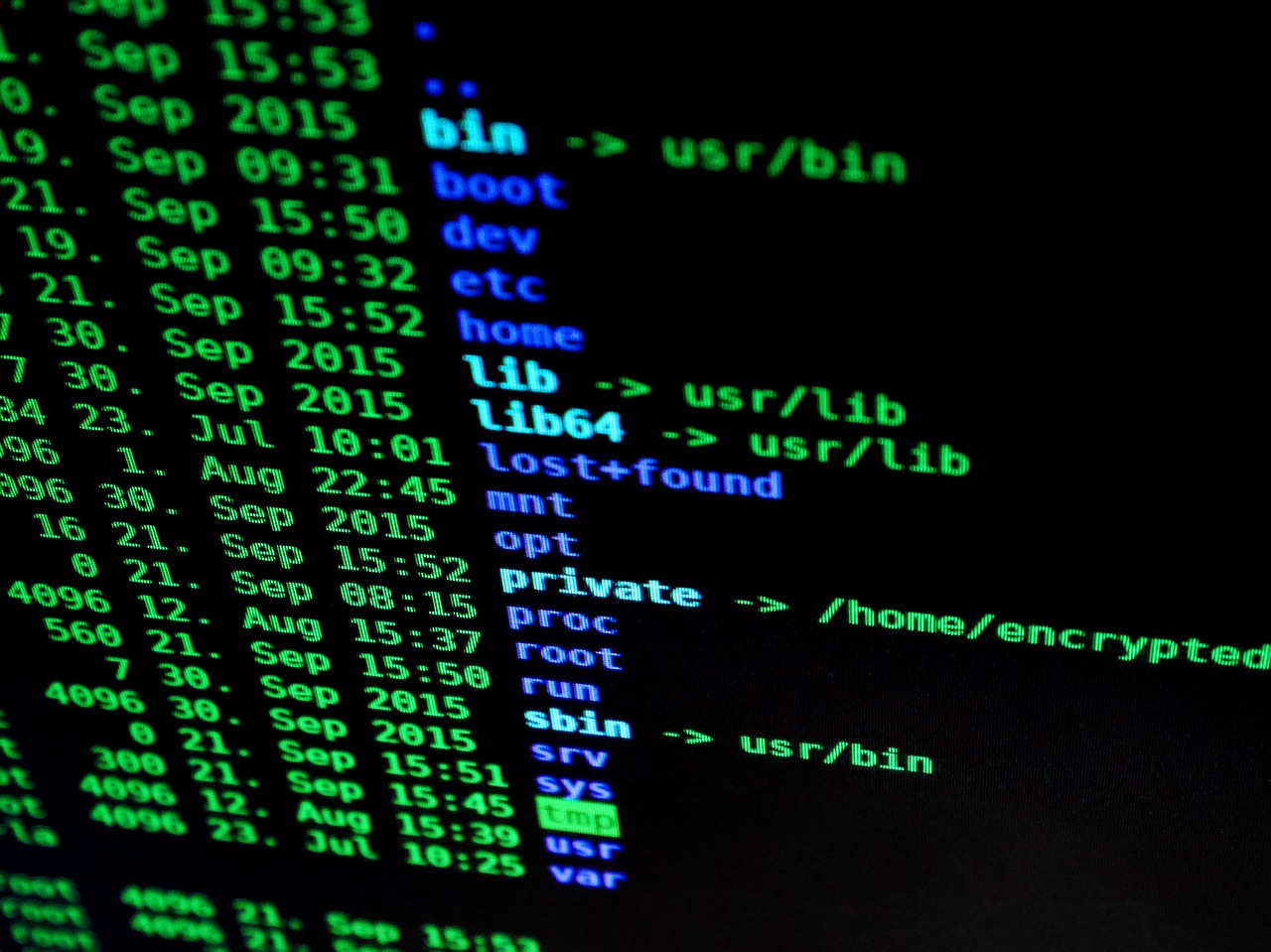News
US, UK and Estonia accuse Russia of cyber attack on Georgia

The three Western countries said the attacks demonstrate “a continuing pattern of reckless … cyber operations against a number of countries” by Russia’s GRU military intelligence. (Pixabay Photo)
TANZANIA, Tanzania — The United States, United Kingdom and Estonia accused Russia’s military intelligence Thursday of conducting cyber attacks against the Georgian government and media websites in an attempt “to sow discord and disrupt the lives of ordinary Georgians.”
The three countries raised the issue at the Security Council after Georgia’s ambassador wrote to the U.N.’s most powerful body in February about the large-scale attack in October.
Estonian Ambassador Sven Jurgenson read a statement afterward, flanked by UK Ambassador Karen Pierce and acting U.S. deputy ambassador Cherith Norman Chalet, saying the cyber attacks “are part of Russia’s long-running campaign of hostile and destabilizing activity against Georgia and are part of a wider pattern of malign activity.”
The three Western countries said the attacks demonstrate “a continuing pattern of reckless … cyber operations against a number of countries” by Russia’s GRU military intelligence.
“These actions clearly contradict Russia’s attempts to claim it is a responsible actor in cyberspace,” they said, adding that “irresponsibility in cyberspace is detrimental to all of us.”
Georgia’s Foreign Ministry said the Oct. 28 cyber attack was “targeted at Georgia’s national security and intended to harm Georgian citizens and government structures by disrupting and paralyzing the functionality of various organizations, causing anxiety among the general public.”
Russia’s Foreign Ministry has rejected the accusations as “unfounded and politically driven,” saying there was no evidence of Russian involvement. It added that the accusations reflect Georgia’s efforts at “demonization” of Russia and would further cloud ties.
In 2008, Russia fought a brief war with Georgia, which had made a botched attempt to regain control over the breakaway province of South Ossetia. Moscow then recognized the independence of South Ossetia and another breakaway Georgian province, Abkhazia, and set up military bases there.
Russia has taken on the issue of cyber-crime at the United Nations.
In December, the U.N. General Assembly approved a Russian-sponsored resolution starting the process of drafting a new international treaty to combat cyber-crime, over objections from the European Union, the United States and other countries.
The resolution establishes an expert committee representing all regions of the world “to elaborate a comprehensive international convention on countering the use of information and communications technologies for criminal purposes.” The committee is expected to meet in August to agree on an outline of its activities.
Chalet, the U.S. envoy, said at the time that the resolution “will undermine international co-operation to combat cyber-crime at a time when enhanced co-ordination is essential.”





















